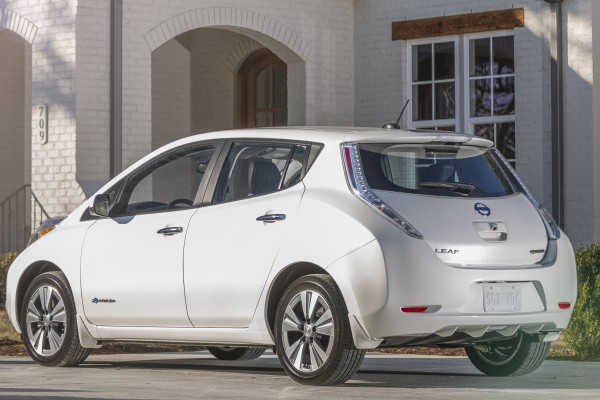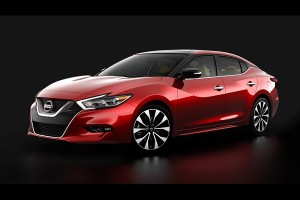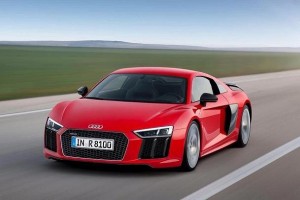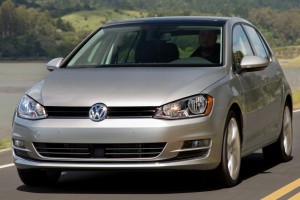Stanford Creates Battery That Recharges In One Minute
 2015 Nissan Leaf (Credit: Nissan)
2015 Nissan Leaf (Credit: Nissan)One of the big hurdles facing electric cars is charging times. While Tesla Model S owners can recharge about 80 percent of their battery in half an hour, that’s still a point that many consumers find a big drawback. This has been a sore spot for many electric car enthusiasts, but they might not need to get bent out of shape about it any longer.
Stanford University has announced it’s developed a new aluminum-ion battery that can recharge in about a minute. That would actually make “refueling” an electric car faster than with a gasoline-powered vehicle.
It gets even better. Unlike popular lithium-ion batteries, Stanford’s batteries won’t explode or catch fire, even if a person were to drill through them. In fact, the batteries and bendable, which could accommodate a variety of designs and applications.
The batteries reportedly would cost a fraction of what lithium-ions run right now. That would severely reduce the price of electric cars, genuinely helping open them up to the masses.
With the aluminum-ion battery, you can use one for years and years without it losing capacity. Stanford researchers say that the design has a long cycle life, with “no decay over hundreds of cycles, even thousands of cycles.” That feature alone could allow electricity providers to use the batteries in grids, storing up energy as needed and releasing it later, which could work well with solar panels collecting power during daylight hours and consumers using it later during the night.
Now, for the bad news. While Stanford’s still hammering out the design, for right now the battery can only put out 2 volts. That’s pretty paltry in comparison to lithium-ion batteries. It also can’t carry as much electricity per kilogram. Stanford believes that by improving the material used for the cathode, it can overcome these drawbacks. If so, the implications could be huge not only for the automotive industry, but the entire world.




















